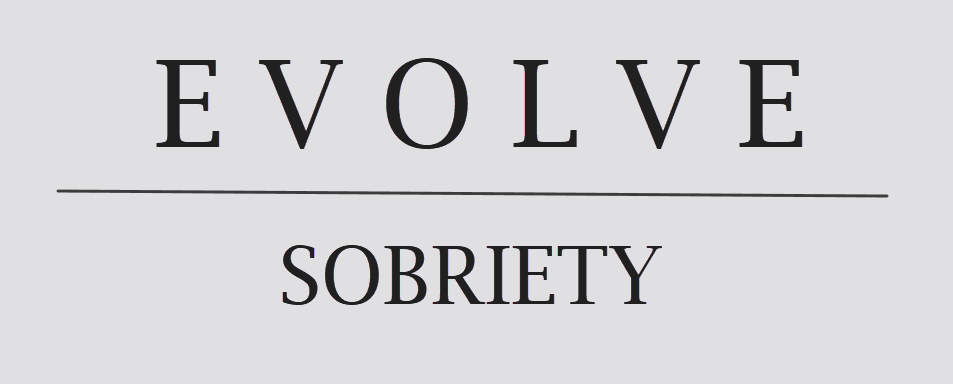
What is Stress?
Stress is a physiological and psychological response to external pressures or challenges, often resulting in heightened arousal and a sense of strain. It manifests through various symptoms, including physical tension, emotional unrest, and cognitive disruptions. Stress is typically a short-term reaction to perceived threats or demands, triggering the body’s “fight or flight” response.
What is Burnout?
Burnout, on the other hand, is a more chronic and prolonged state of physical and emotional exhaustion resulting from persistent stressors, often related to work or caregiving responsibilities. It goes beyond ordinary workplace stress, encompassing feelings of cynicism, detachment, and a sense of reduced personal accomplishment. Burnout is a gradual process that can significantly impact overall well-being and requires specific interventions to address its multifaceted nature.
Emotional Impact
Emotional responses like irritability, anxiety, and a sense of overwhelm are common indicators of stress. Identifying these emotional cues helps individuals address the underlying sources of stress.
Differentiating Stress from Burnout
Duration and Intensity
While stress is often a short-term response to challenges, burnout is characterized by prolonged and intense feelings of exhaustion and detachment. Understanding the duration and intensity of these experiences is key to differentiation.
Impact on Functioning
Stress may affect specific areas of life temporarily, whereas burnout can significantly impact overall functioning, including work, relationships, and daily activities. Recognizing the broader consequences helps individuals seek appropriate support.
Symptoms of Stress

Cognitive Symptoms
Difficulty Concentrating
Stress can lead to difficulties in concentration and decision-making. Individuals may find it challenging to focus on tasks or make clear-headed choices.
Racing Thoughts
An overwhelmed mind may result in racing thoughts, making it difficult to slow down and maintain mental clarity. This can contribute to heightened anxiety and a sense of being mentally scattered.
Behavioral Symptoms
Changes in Eating Habits
Stress can impact eating patterns, leading to changes such as overeating or loss of appetite. These variations in food consumption are common behavioral responses to stress.
Sleep Disturbances
Trouble falling asleep, staying asleep, or experiencing restless nights are prevalent indicators of stress. Sleep disturbances can exacerbate feelings of fatigue and contribute to a cycle of stress.
Symptoms of Burnout
Physical Symptoms
Chronic Fatigue
Burnout often manifests as chronic fatigue that persists despite adequate rest. Individuals may experience a sense of depletion and lack of energy even after a full night’s sleep.
Physical Ailments
The prolonged impact of burnout may result in physical ailments such as headaches, stomach issues, and muscle pain. These symptoms are often a manifestation of the overall toll on the body.
Emotional Symptoms
Increased Cynicism
Burnout can lead to increased cynicism and a negative outlook on work or life in general. Individuals may become disillusioned or detached from their responsibilities.
Loss of Motivation
A profound loss of motivation is a hallmark of burnout. Individuals may struggle to find enthusiasm or purpose in their tasks, leading to decreased productivity and engagement.
Coping Mechanisms for Stress Management

Time Management
Effective time management helps individuals prioritize tasks and allocate time for relaxation. Creating a well-organized schedule contributes to a sense of control and reduces stress.
Relaxation Techniques
Incorporating relaxation techniques, such as deep breathing, meditation, or progressive muscle relaxation, promotes a state of calmness and helps manage stress levels.
Healthy Lifestyle Choices
Maintaining a healthy lifestyle, including regular exercise, balanced nutrition, and sufficient sleep, plays a crucial role in stress management. These habits contribute to overall resilience.
Preventing and Addressing Burnout
Set Realistic Boundaries
Establishing clear boundaries between work and personal life prevents the gradual erosion of personal time and helps prevent burnout. Prioritizing self-care is an integral part of maintaining these boundaries.
Seek Social Support
Building a strong support network provides emotional assistance during challenging times. Sharing concerns with friends, family, or colleagues fosters a sense of connection and reduces isolation.
Professional Assistance
For individuals experiencing burnout, seeking professional assistance from therapists or counselors is vital. Professionals offer strategies to address burnout, including identifying sources of stress and implementing coping mechanisms.
How We Can Assist You
Personalized Counseling
Our counseling services focus on addressing stress and burnout through personalized sessions. Our professionals offer strategies to manage stressors and support individuals on their journey to recovery.
Stress Reduction Workshops
Participate in stress reduction workshops designed to equip individuals with practical tools and techniques for managing stress effectively. These workshops provide a supportive environment for learning and skill development.
Overview
Recognizing the symptoms of stress and burnout is the first step toward effective intervention. Whether you’re dealing with cognitive, behavioral, physical, or emotional symptoms, our team is here to provide personalized assistance. From stress reduction techniques to burnout recovery strategies, we are committed to supporting your well-being. Reach out to us for guidance tailored to your unique needs.
